Life
Sign up for our newsletter
We summarize the week's scientific breakthroughs every Thursday.
-
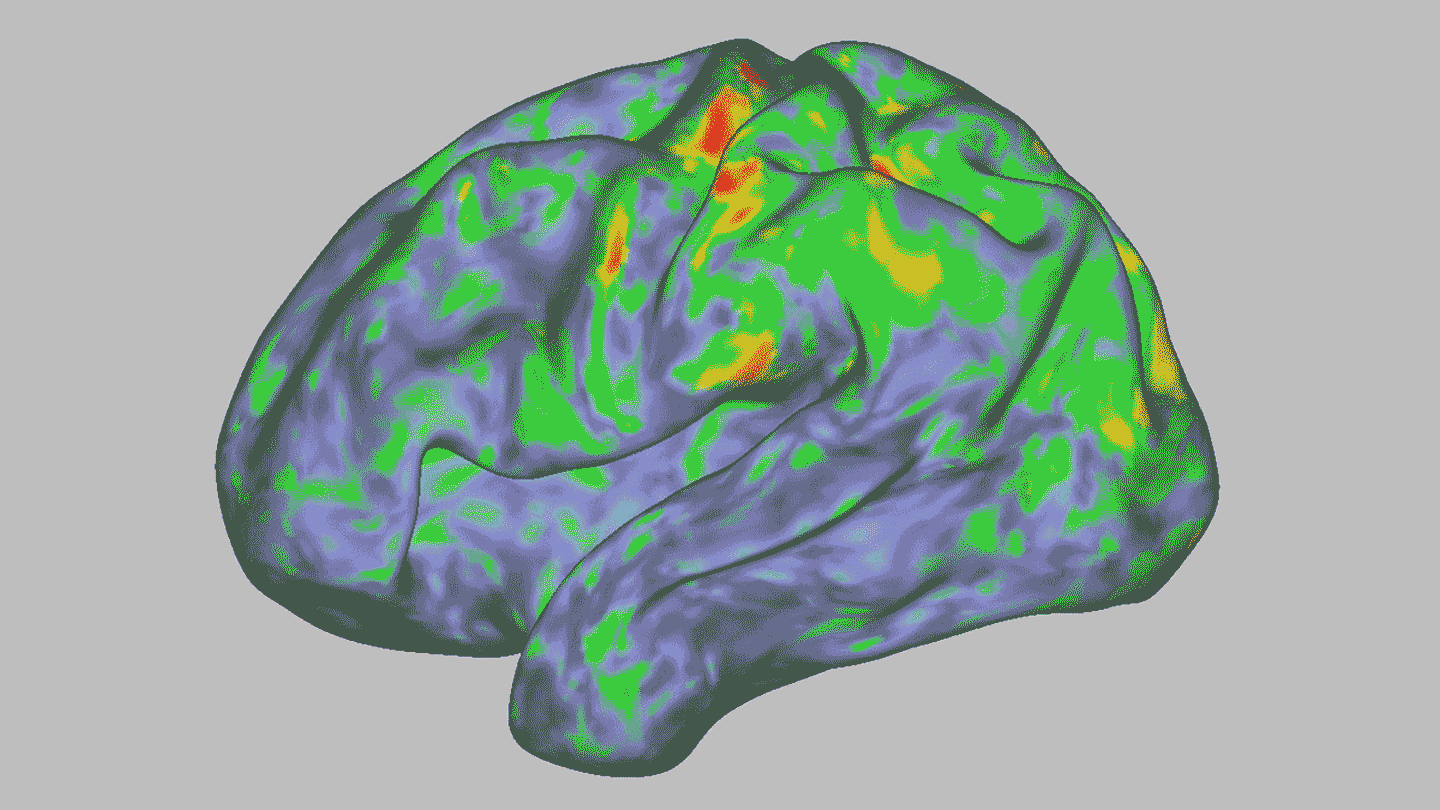 Science & Society
Science & SocietyThese are the 5 most popular Science News stories of 2024
Science News drew millions of visitors to our website this year. Here’s a recap of the most-read and most-watched news stories of 2024.
-
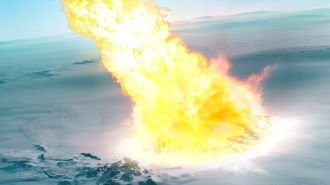 Life
LifeThese scientific feats set new records in 2024
Noteworthy findings include jumbo black hole jets, an ultrapetite frog, ancient asteroid remnants and more.
-
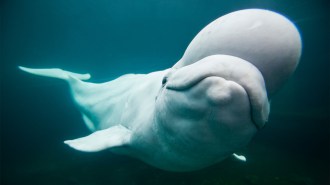 Life
LifeThese are our favorite animal stories of 2024
Pigeons that do somersaults, snakes that fake death with extra flair and surprised canines are among the organisms that enthralled the Science News staff.
-
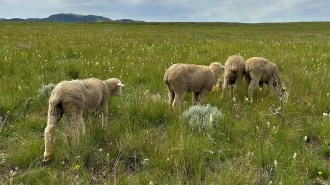 Life
LifeSheep earwax can record a dangerous diet
Sheep that eat death camas plants record the toxic meal in their earwax, a goopy health data repository that researchers are increasingly exploring.
By Jake Buehler -
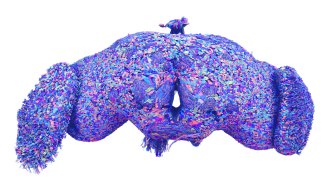 Life
LifeHere are 8 remarkable scientific firsts of 2024
Making panda stem cells, mapping a fruit fly’s brain and witnessing a black hole wake up were among the biggest achievements of the year.
-
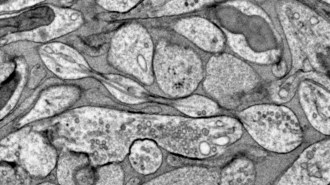 Neuroscience
NeuroscienceThe message-sending part of neurons may be blobby, not smooth
Axons can be shaped like strings of pearls, research in mice and people show. How that shape may influence brain signaling is not yet clear.
-
 Anthropology
AnthropologyHumans have linked emotions to the same body parts for 3,000 years
3,000-year-old clay tablets show that some associations between emotion and parts of the body have remained the same for millennia.
By Jason Bittel -
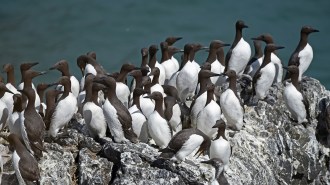 Life
LifeThe ‘Blob,’ an unprecedented marine heat wave, killed 4 million seabirds
Millions of other animals may have perished too, suggesting the die-off event might be one of the worst in modern times.
By Jake Buehler -
 Genetics
GeneticsNeandertal genes in people today came from hook-ups around 47,000 years ago
Most present-day humans carry a small amount of Neandertal DNA that can be traced back to a single period of interbreeding, two genetic analyses find.
-
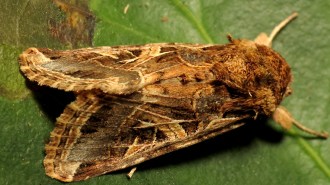 Animals
AnimalsThe screams of thirsty plants may prompt some moths to lay eggs elsewhere
Female moths may pick up on the ultrasonic wailing of distressed plants and opt to lay their eggs on different, healthier plants.
By Jake Buehler -
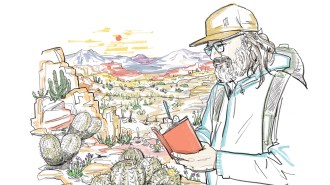 Plants
PlantsMeet a scientist tracking cactus poaching in the Atacama Desert
Botanist Pablo Guerrero has been visiting Atacama cacti all his life. They’re not adapting well to a drier climate, booming mining and plant collection.
-
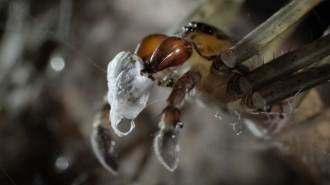 Animals
AnimalsClimate stress may undermine male spiders’ romantic gift giving
Even spider love lives show an effect of climate uncertainty: Stressed males may offer a bit of silk-wrapped junk rather than a tasty insect treat.
By Susan Milius